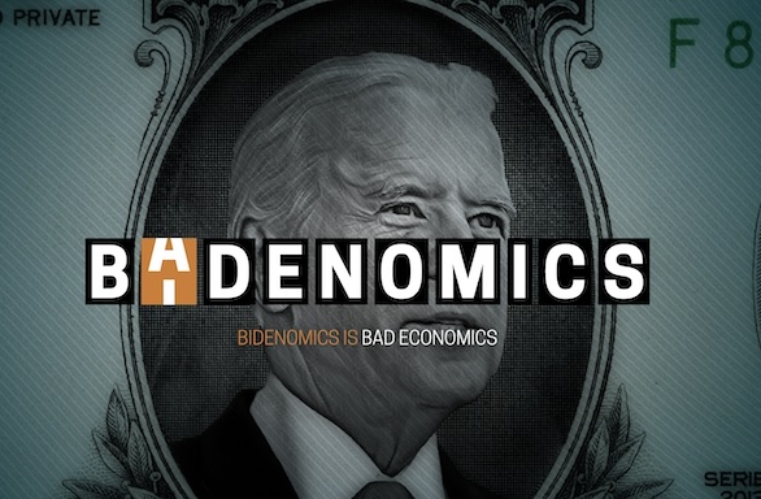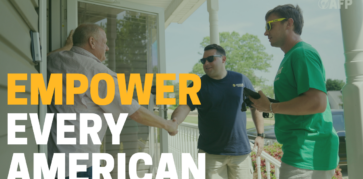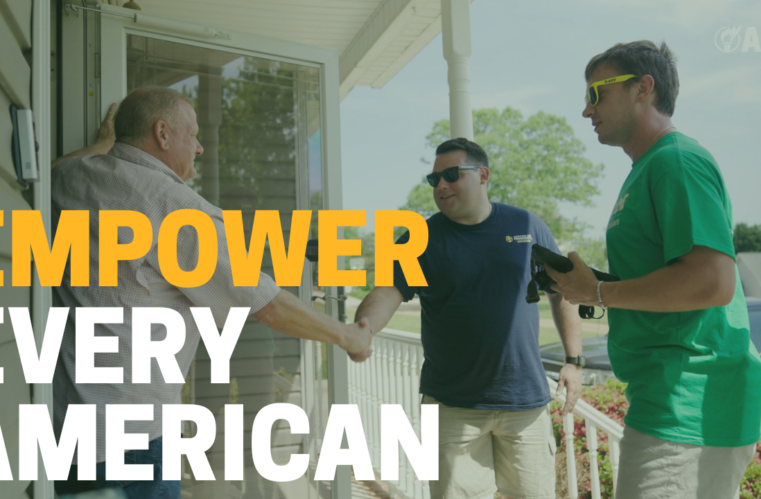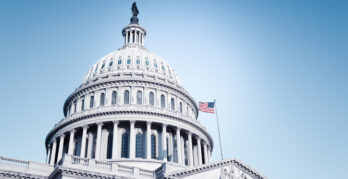Make Your Voice Heard
AFP’s mission is to empower every American to achieve their unique version of the American Dream.
Get Involved Now
Whatever your American Dream, we all need freedom and opportunity to realize it. That’s what Americans for Prosperity fights for. We partner with concerned citizens like you to create change in your community and together help improve the lives of millions of Americans.
TAKE ACTIONMake your voice heard today. Receive email alerts to learn how to get involved in your community.
Join our newsletter
Receive email alerts to learn how to get involved
Join the Fight Today (Stay in Touch) (Sidebars)
Newsroom
Read More
Campaign Features Bidenomics.com – The Website Joe Biden Doesn’t Want You to See Arlington, VA – Americans for Prosperity has launched a sustained new eight-figure campaign focused on Bidenomics just in… read more

For years, many West Virginia parents have been frustrated. One-size-fits-all… read more

For years, many West Virginia parents have been frustrated. One-size-fits-all… read more

For nearly two decades, people have chosen to partner with… read more

For nearly two decades, people have chosen to partner with… read more
Success Stories
Watch MoreWatch as Americans for Prosperity-Nevada’s grassroots engagement director, Wiz Rouzard,… read more
In November 2020, Arizona voters narrowly approved a ballot initiative,… read more
Waterloo, Iowa resident William Burt had dreams of operating his own… read more
Hold Your Politicians Accountable
Americans for Prosperity's national scorecard lets you know which lawmakers are the principled policy champions our country needs.
View ScorecardKEY VOTES
Key Vote Alerts
Not able to keep up with what’s moving through the legislature? AFP can help you keep informed.
SIGN UP
Join the movement to empower every American. You have the power to change the trajectory of our country. See how you can with Americans for Prosperity.
© 2024 AMERICANS FOR PROSPERITY. ALL RIGHTS RESERVED. | PRIVACY POLICY
Join the Fight Today
Receive action alerts to learn how to get involved in your community
Join our newsletter
Receive email alerts to learn how to get involved




